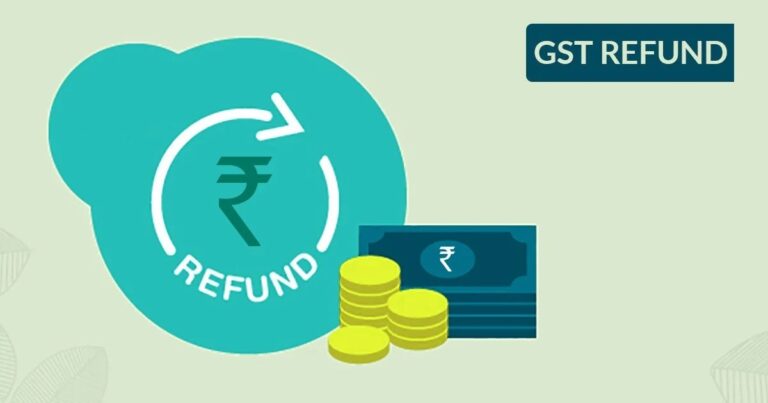The Association of Indian Medical Device Industry (AiMeD) has welcomed the Government of India’s decision to expedite GST refunds for exporters and manufacturers. Under the new directive from the Central Board of Indirect Taxes and Customs (CBIC), 90 per cent of the refund amount will now be released quickly for all low-risk cases.
This reform, applicable to refund applications filed on or after 1 October 2025, covers both export and inverted duty structure (IDS) cases where the tax on inputs is higher than on finished goods.
“This is a very welcome and practical step by the Finance Ministry and CBIC,” said Rajiv Nath, Forum Coordinator, AiMeD. “Many Indian manufacturers, especially MSMEs, have faced working-capital challenges due to delayed refunds. The new mechanism of releasing 90 per cent of refunds upfront will significantly ease these cash-flow constraints.”
As per the new instruction, any tax officer declining a 90 per cent provisional refund must provide a written explanation, ensuring greater transparency and fairness in the process.
The medical device sector has long been impacted by the inverted duty structure, where inputs such as plastics and components attract 18 per cent GST, while finished medical devices are taxed at 5 per cent. AiMeD has consistently urged the government to expedite refunds and align input tax rates to avoid such disparities.
Highlighting the significance of the refund reform, Nath said, “GST is designed to tax value addition, not working capital. Fast refunds reduce borrowing costs, enhance liquidity, and allow for greater investment and export competitiveness.”
He also emphasised that the next phase “GST 2.0” should extend refund eligibility to input services and capital goods, which play a critical role in modern manufacturing.
Input services such as rentals, logistics, warehousing, and outsourced processes often attract 18 per cent GST, while capital goods like machinery remain ineligible for refunds under the current system. Allowing these refunds, he said, would align with GST’s neutrality principle and further strengthen industrial growth.
AiMeD expressed its appreciation to the Finance Minister, the GST Council, and CBIC for their continued commitment to industry-friendly reforms. The association stated that the new measures would not only ease liquidity concerns but also reinforce confidence among domestic manufacturers, driving India’s self-reliance in medical device production.
With these policy changes, AiMeD expects the sector to gain momentum toward achieving the government’s vision of making India a global medical device hub by 2047.


